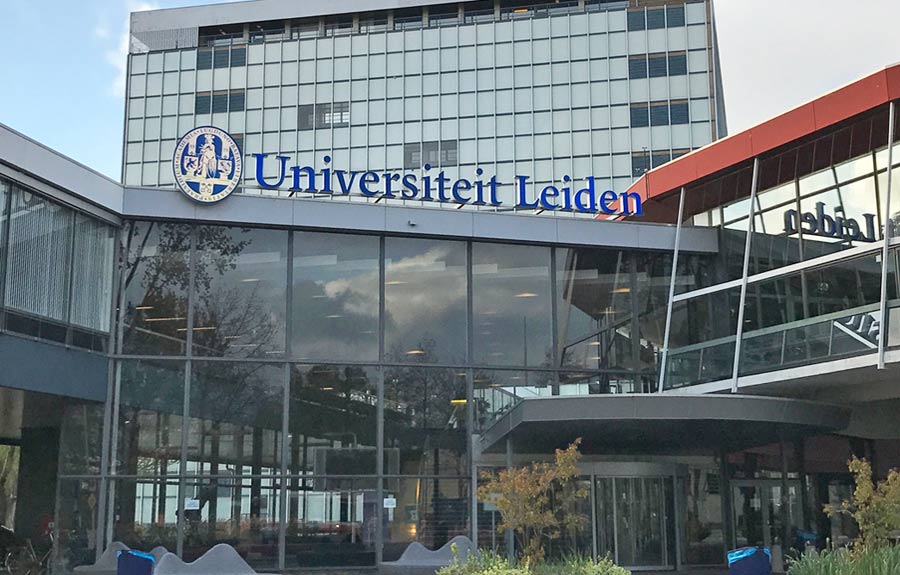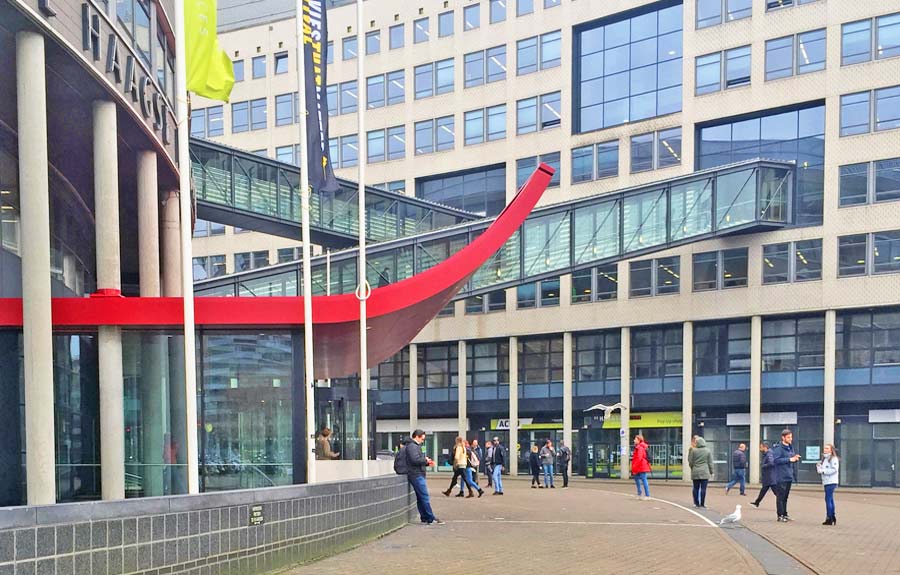Higher Education in Netherlands
University-level, higher education in Netherlands is available to students who have completed secondary school requirements. Degree programs taught in English are offered by almost all Dutch universities.

HIGHER EDUCATION IN NETHERLANDS
Bachelor and Master degree programs are available at numerous institutions of higher education in Netherlands. The schools are oriented to either academic research or practical applied sciences. Curriculums can vary significantly between the two.
DUTCH RESEARCH UNIVERSITIES
Research university programs are referred to in Dutch as Wetenschappelijke Onderwijs (WO for short), which translates to ‘scientific research’. Bachelor degree programs at these schools generally prepare students for further learning, including Master and Doctorate education. Bachelor programs are generally 4 years in length but some disciplines run 5 or even 6 years.
There are 14 research universities in Netherlands and several are frequently ranked among the Top 100 universities in the world.
The Netherlands’ research universities are:
- Delft University of Technology
- Eindhoven University of Technology
- Erasmus University Rotterdam
- Leiden University
- Maastricht University
- Open University of Netherlands
- Radboud University
- Tilburg University
- University of Amsterdam
- University of Groningen
- University of Twente
- Utrecht University
- Vrije Universiteit Amsterdam
- Wageningen University & Research
In 2022, 340,000 students were studying for a Bachelor or Master degree at Dutch research universities.
The association of research universities, Universities of the Netherlands (VSNU), provides a collective voice for the 14 Dutch academic research universities.
DUTCH UNIVERSITIES OF APPLIED SCIENCES
The Netherlands’ universities of applied sciences are referred to in Dutch as Hogeschools. This term translates to ‘high school’ in English as they offer higher education. It is not to be confused with the same term used in other countries as a reference to secondary school.
The education curriculum in these schools is known as Hoger Beroepsonderwijs or ‘HBO‘ for short, and focuses more on practical training rather than research.
Because an HBO degree is specific to the Netherlands, a student graduating from a Hogeschool (University of Applied Sciences) is issued an HBO diploma plus a diploma supplement (DS). The supplement was developed by the European Commission, Council of Europe and UNESCO/CEPES to clarify similar levels of education across national borders. A DS issued by a Dutch university of applied sciences is written in English and only used outside the Netherlands.
There are 36 government-funded universities of applied sciences in Netherlands.
Some of the largest include:
- Amsterdam University of Applied Sciences
- Avans University of Applied Sciences
- Breda University of Applied Sciences
- HAN University of Applied Sciences
- Hanze University of Applied Sciences
- InHolland University of Applied Sciences
- The Hague University of Applied Sciences
- Rotterdam University of Applied Sciences
- University of Applied Sciences Leiden
- University of Applied Sciences Utrecht

There are several universities of applied sciences oriented toward a specific field of study. These include:
- Amsterdam University of the Arts
- Codarts University for the Arts
- Design Academy Eindhoven
- HAS green academy
- HKU University of the Arts Utrecht
- Hotelschool The Hague*
- Royal Conservatoire The Hague
- University of the Arts The Hague
*Hotelschool The Hague consistently ranks among the 10 best hotel management schools in the world.
In 2018 there were 468,000 students attending Dutch universities of applied sciences. Over 97% were following a Bachelor degree curriculum while the remainder were following a Master degree program.
The Vereniging Hogescholen represents the interests of the 36 Dutch hogeschools.
The Association of Universities of Applied Sciences Netherlands (UASNL) represents the interests of 17 Dutch universities of applied sciences in Europe.
NETHERLANDS PRIVATE UNIVERSITIES
In addition to research universities and universities of applied sciences, there are also private universities and business schools in Netherlands. They offer bachelor, master and/or MBA programs. Some of these schools include:
- Business School Netherlands
- Nyenrode Business University
- Webster University Leiden
- EuroCollege University of Applied Sciences
- IC University of Applied Sciences Amsterdam
- Wittenborg University of Applied Sciences
UNIVERSITY ADMISSIONS
The Netherlands recognizes entry qualifications from other European countries according to several bilateral agreements. However, EU citizens need to pass an English-language examination to ensure they are able to read and write the language well before being offered a place.
Foreign students from outside the European Union wanting to study at a university in Netherlands should first check to see if their secondary school diploma meets the admission requirement of their university of choice. This can be done on the NUFFIC website.
In 2022 there were over 122,000 enrolled in higher education in Netherlands
StudyinNL.org is an initiative of NUFFIC with information for English-speaking students considering studying at a Dutch university.
SCHOOL YEAR, TUITION & HOUSING
The Dutch university academic year lasts 42 weeks with classes usually starting the first week in September.
Tuition fees are payable by all students although these are much lower for Dutch and EU nationals than they are for students coming from outside the European Union. Dutch residents (and some foreign students) under 30 years of age may apply for a student loan based on financial need. The amount varies depending on personal circumstances.
For more information on school loans, visit the DUO website.
The lack of adequate student housing in Netherlands is an on-going problem. The need greatly exceeds the supply and creates considerable distress especially for international students.
Student housing is managed by non-profit social housing organizations such as:
STUDENT ASSOCIATIONS
Student associations and unions often wield a great deal of influence, not just within schools but with municipal and regional governments as well. They also provide a great deal of support to their members, which is especially valuable to international students.
Some of the larger student associations in Netherlands include:
- Erasmus Student Network (ESN)
- Haagsche Studenten Vereniging (HSV)
- Maastricht Student Union (MSU)
Related information…

